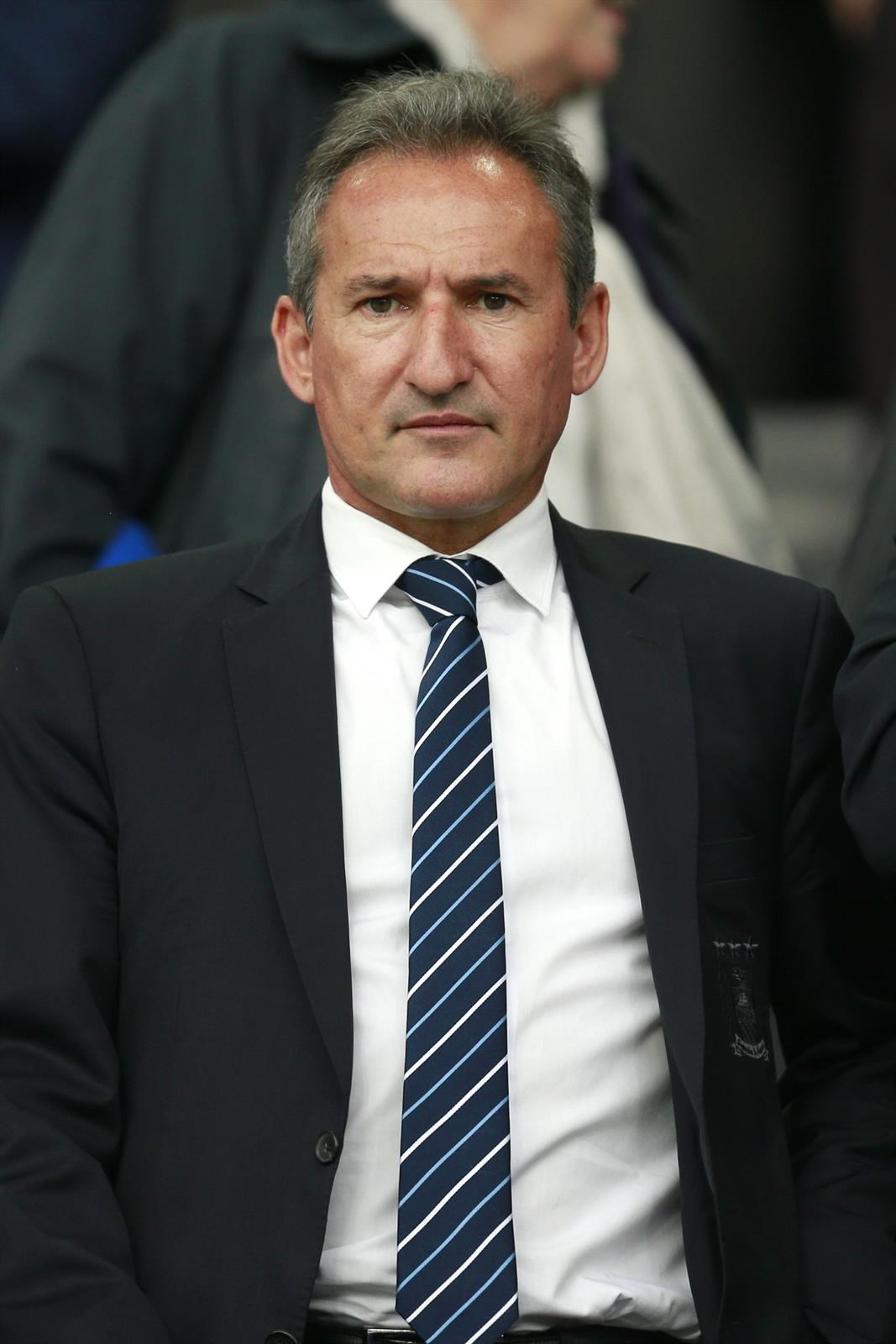By Tung Nguyen, Online Editor
Ten years ago, no one would ever believe that Manchester City, the abandoned son of Manchester, is
dominating the English Premier League (EPL)
This season, they’re sixteen points ahead of the second-place team, Manchester United.
As a Manchester United fan, I must reluctantly admit that this is the beginning of an era, and for the
next ten years, Manchester will be blue.
To understand the sudden success of Manchester City in only five years, we have to pay attention to the
changes in the executive board and its result in the drastic shift of the team’s vision as well as playing
styles.
With star players such as Sergio Agüero, Raheem Sterling, and Kevin De Bruyne, anyone of them could
be considered the most influential. But that title belongs to director of football Txiki Berigistain, who is
considered the most influential individual. Being the former director of football for FC Barcelona (Spain),
his bringing in manager Pep Guardiola made his vision clear: to build a Barcelona 2.0 in the EPL.
Begiristain, as the new director of football, is responsible for keeping the consistency in Manchester
City’s transfer strategy. When Guardiola was still managing Bayern Munich (Germany), Begiristain
created a “magical spine” in Manchester City’s line-up with Vincent Kompany, Fernandinho, Kevin De
Bruyne, David Silva and Sergio Agüero. These players are responsible for shaping the playing styles of
Manchester City. Guardiola comes and only has to hone the chemistry of this spine as well as adds
wingers, the least important roles in building up the club’s playing styles, to the line-up with the
purchases of Leroy Sané and Bernando Silva.
With this line-up, Guardiola sets up a “high-frequency pressing” attacking style, which brought him
massive successes in Barcelona and Bayern Munich. Unlike Roberto Mancini and Manuel Pellegrini, the
two former managers, Guardiola prefers taking the game at a much slower pace rather than rushing the
ball to the front line and blindly searching for opportunities. Uncertain threats to the opponents’ goals
will result in the ball being delivered back to the midfield. This strategy, of course, strictly requires a
midfielder with good-vision and superhuman passing ability. While Xavi Hernandez, (Barcelona), and
Toni Kroos, (Bayern Munich), individually dictated the playing styles of their teams, Manchester City’s
David Silva works his spells in the midfield. With the physical support of Fernandinho and the flexibility
of De Bruyne, who can easily attract the opponents’ defenders to create spaces, Silva is much freer to
manipulate the plays.
In terms of specific tactics, Manchester City tends to keep possession by passing the ball continuously in
the midfield and waiting for off-the- ball movements from wingers to create threats. Sané, Sterling and
Agüero, with their sharp finishing and fabulous dribbling abilities, will likely to make these threats even
scarier. When the players lose possession, the whole team will exert a high-pressure attack to the
opponents in order to immediately retake possession. This is reminiscent of Barcelona at its peak during
the late 2000s and the beginning of 2010s.
With such tactics and philosophy, Manchester City can easily strangle the second-tier teams because of
their simple, strength-oriented plays. At some points during the season, building a bus in front of the
goal seems to be opponents’ only option when facing Manchester City. However, this overly defensive
play cannot fill the huge gap of the line-up’s qualities when Manchester City has more than one player
who can shine individually.
On the other hand, honor and prestige force the first-tier teams to join the game, to attack and to
accept any consequence afterwards. However, none of the first-tier teams’ midfielders can reach the
level and the chemistry of Manchester City’s trio (Silva, De Bruyne, and Fernandinho) in order to make
an equal play. Therefore, after a while, they cannot stand the countless attacks and pressures, which
eventually rip them apart.
With the first team’s average age 25 and the well-developed youth academy, Manchester City seems
likely to uphold its success in the next ten years. On contrary, Manchester United is having a much
tougher path with a conservative-minded manager, Jose Mourinho, who has turned his billion-dollar
club into a defensive second-tier team. If Mourinho will not take a different approach to catch up the
rise of Manchester City, Manchester, or even the whole Premier League, will be blue.
